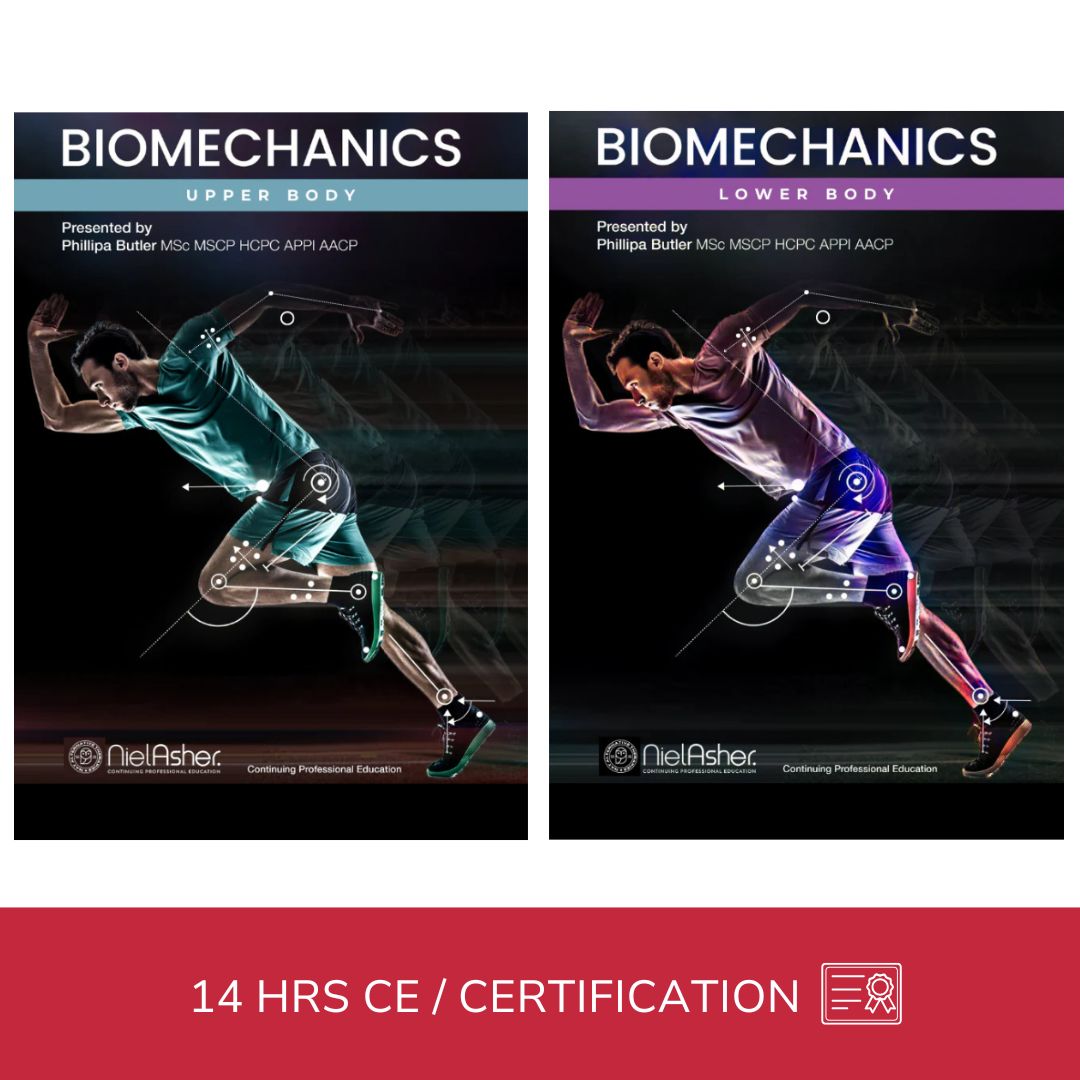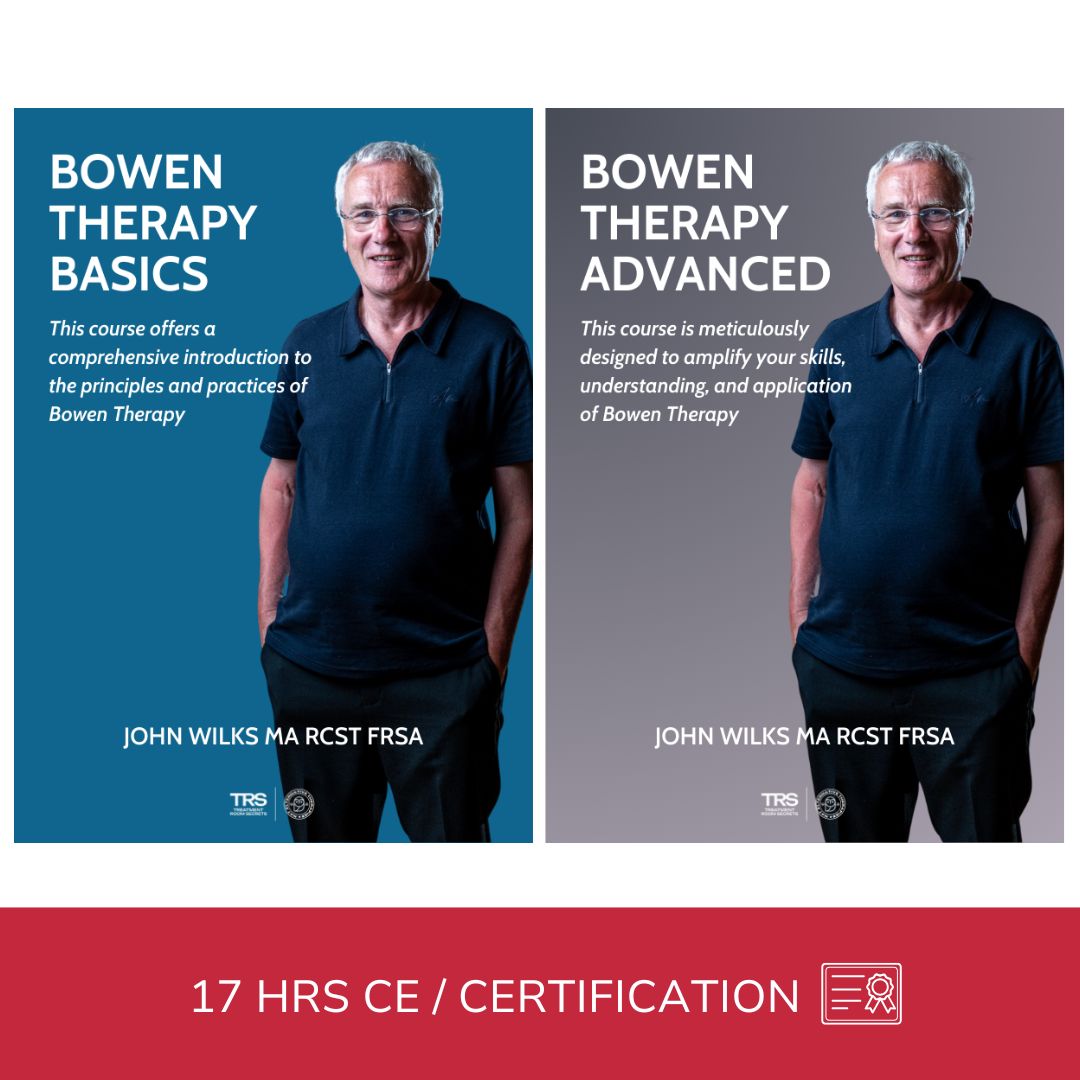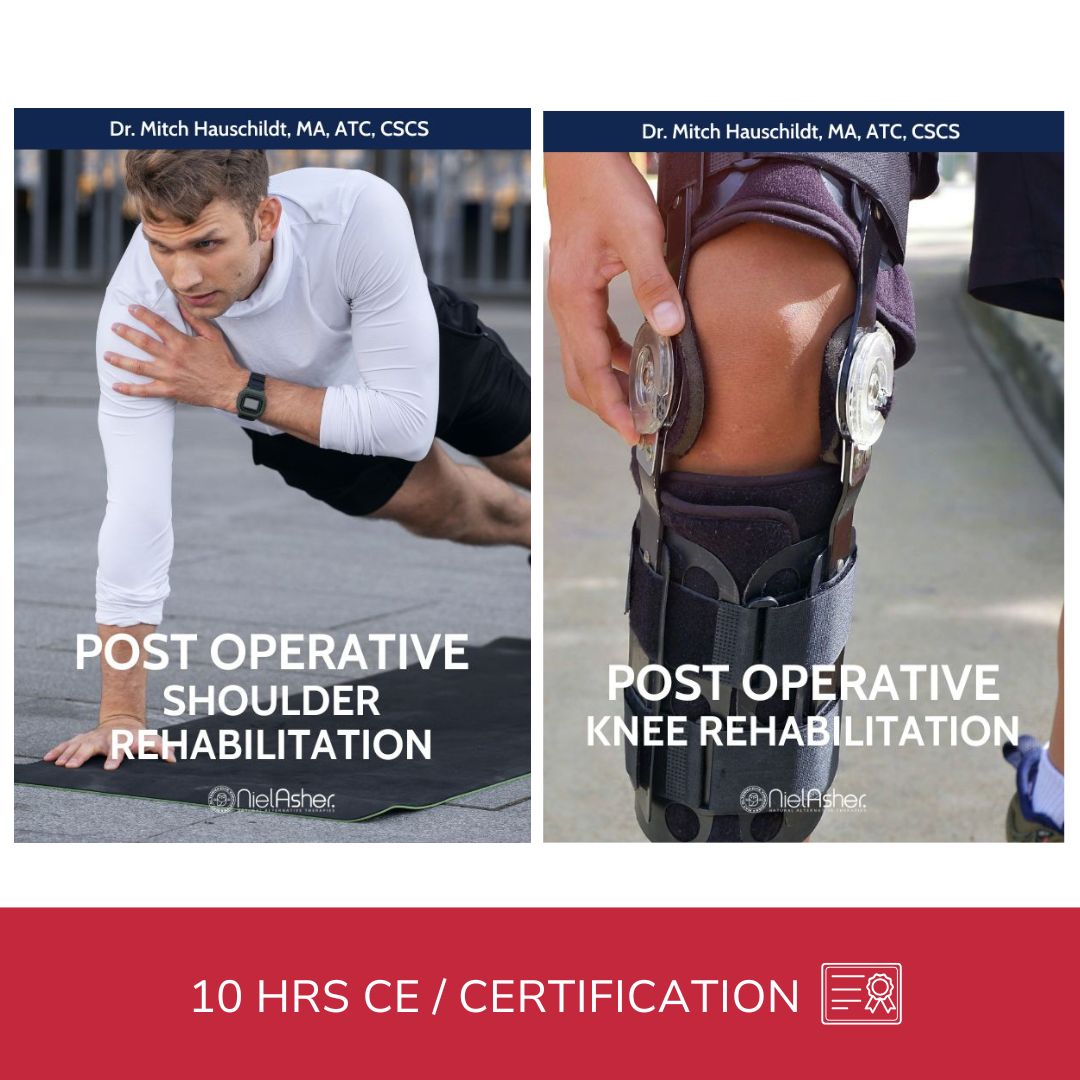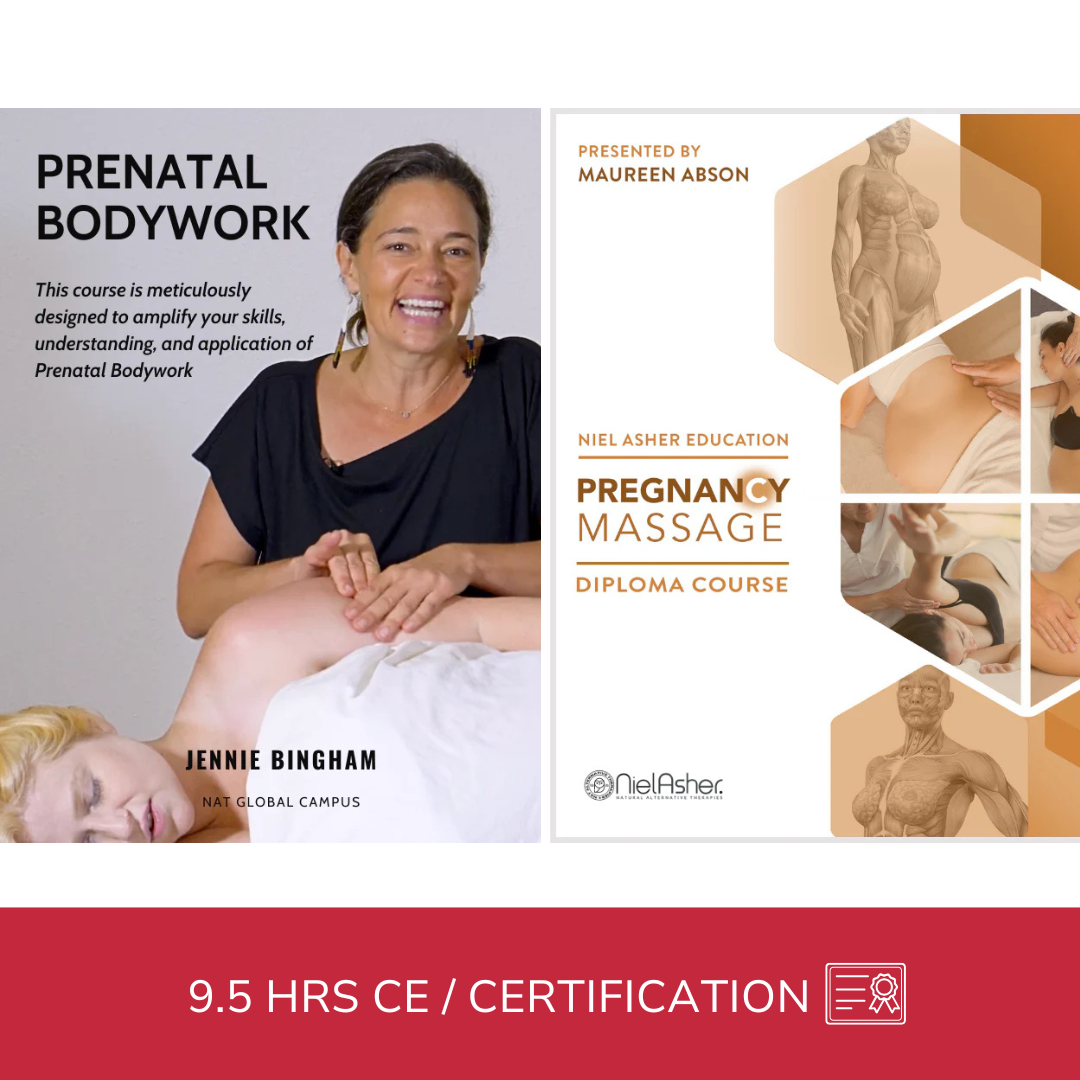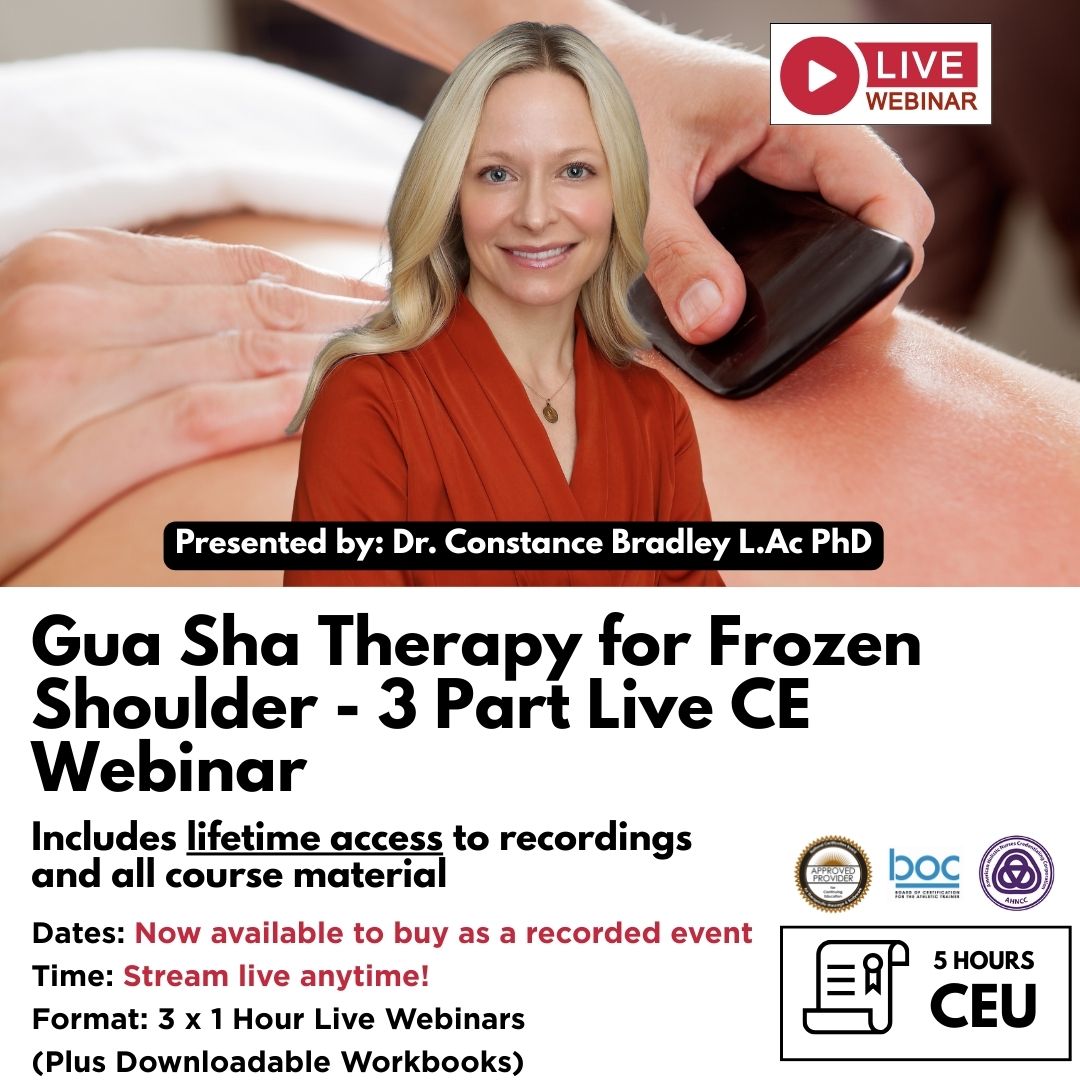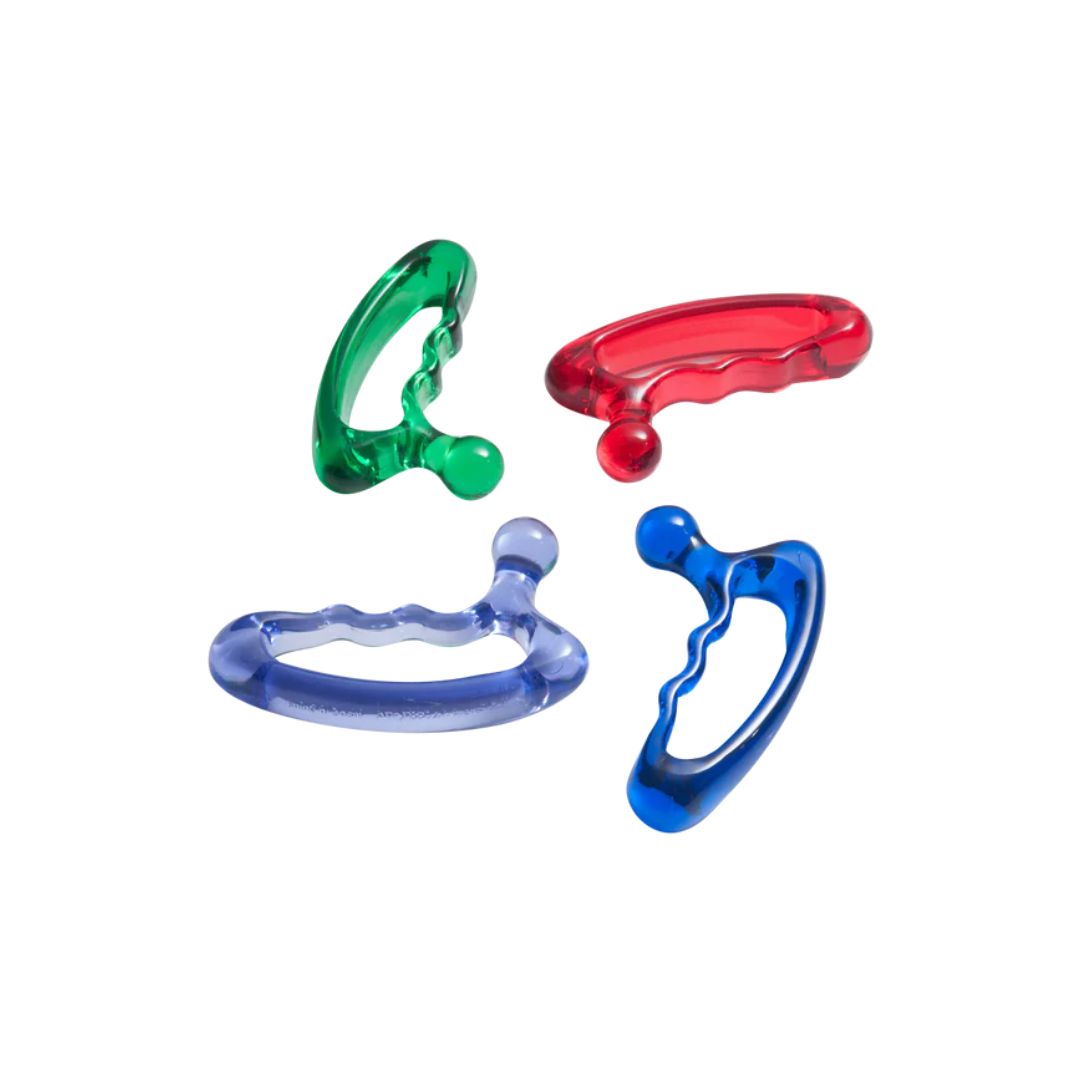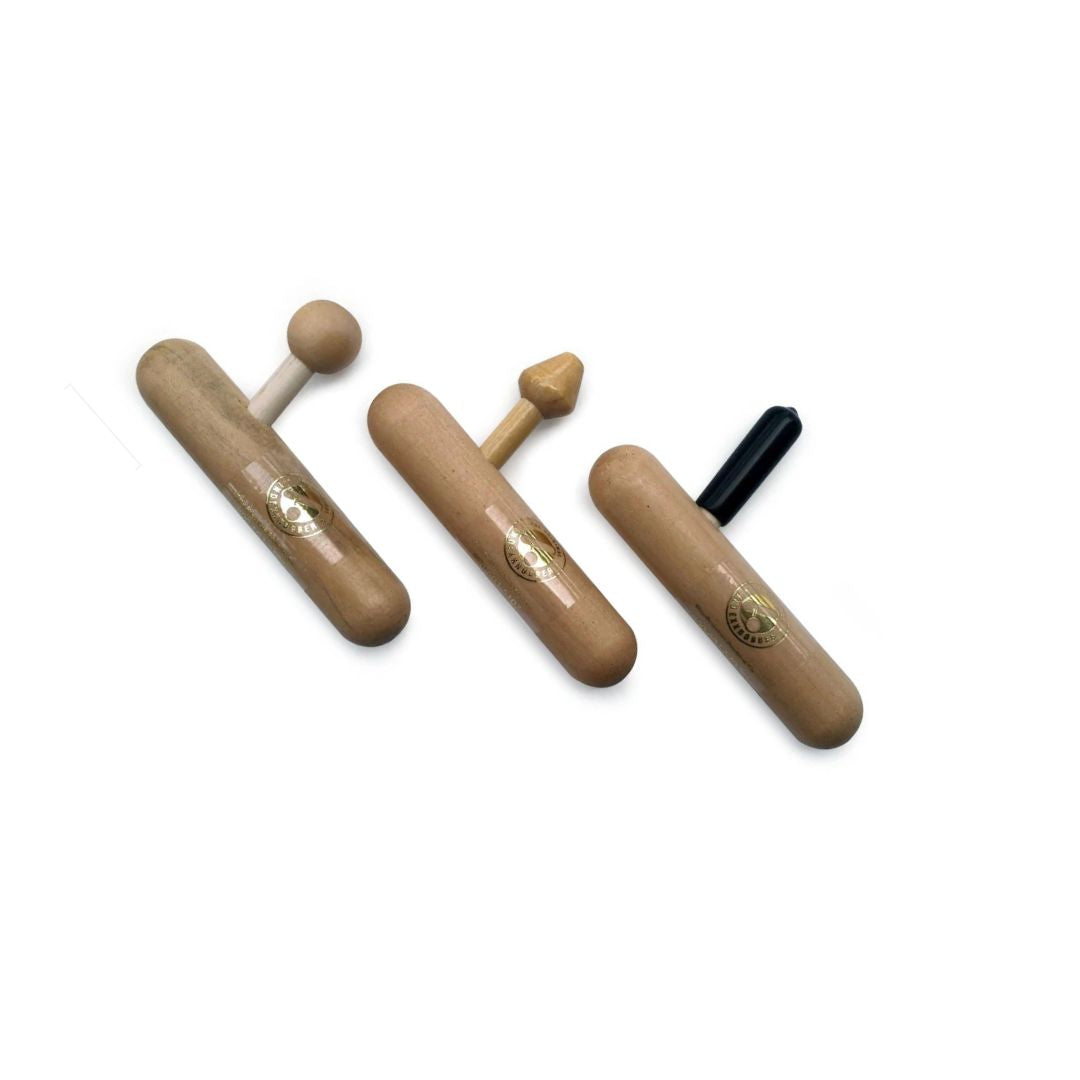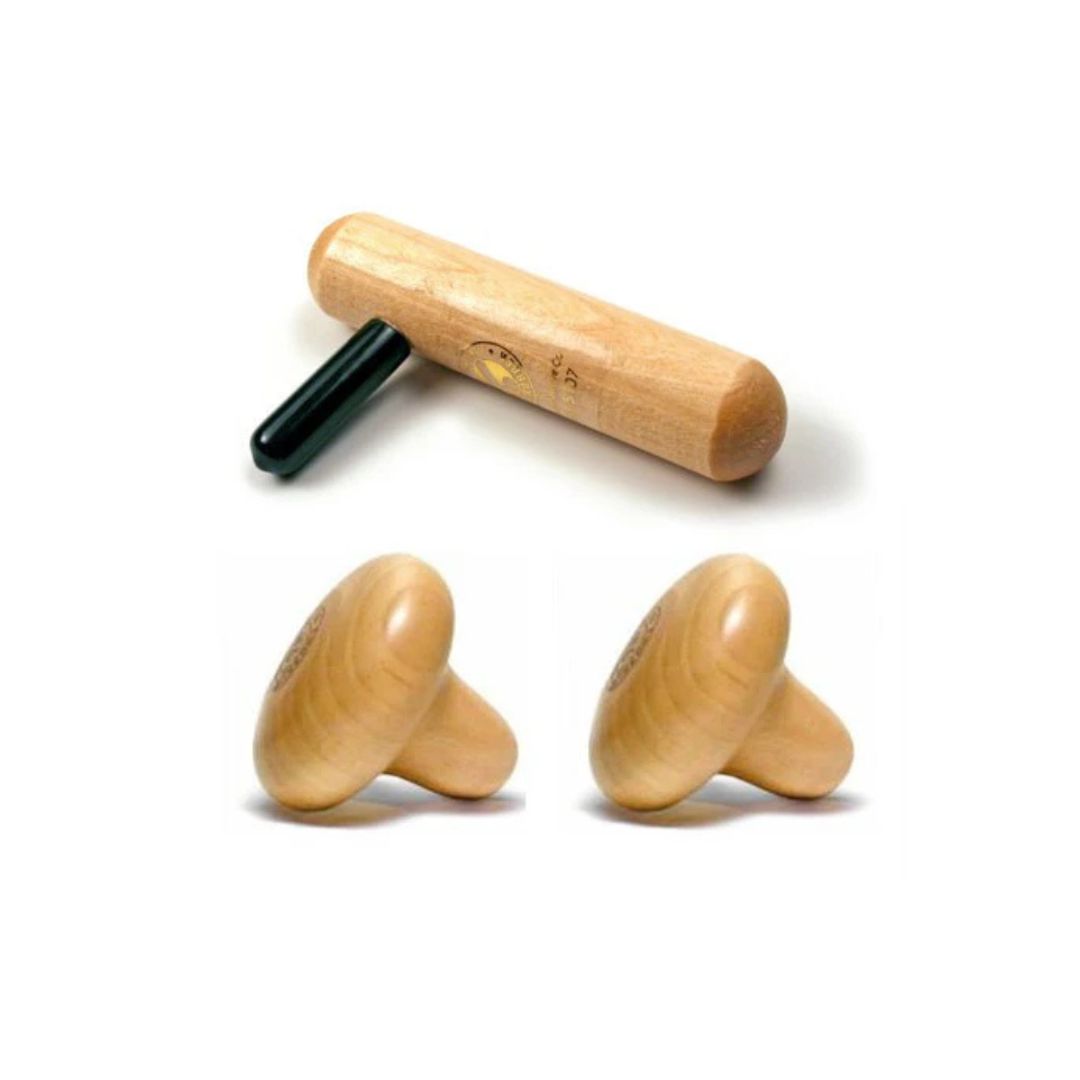Thoracic Outlet Syndrome - Scalenes and Pec Minor Treatment
Thoracic Outlet Syndrome - Trigger Point Release
Thoracic outlet syndrome (TOS) is a group of disorders that occur when blood vessels or nerves in the space between your collarbone and your first rib (thoracic outlet) are compressed. This can cause pain in your shoulders and neck and numbness in your fingers
Common causes of thoracic outlet syndrome can include trauma (sports injury, auto accident), work related repetitive stress type injuries, and certain anatomical issues such as pregnancy or having an additional rib. TOS is often difficult to diagnose and the cause may also be hard to detect in many cases.
Treatment for thoracic outlet syndrome usually involves a combination of soft tissue therapy, trigger point therapy, physical therapy and other pain relief measures that your doctor or medical practitioner may prescribe.
Most people will respond well to established manual therapy techniques. Trigger points are involved in most cases and these are typically accessible and quite easily treated.
In some cases where patients do not respond to these treatment therapies, surgery may be advised.
About TOS
TOS occurs when nerves and/or blood vessels become compressed in their passageway through the thoracic outlet which sits between your collarbone and first rib.
The thoracic outlet is surrounded by bone, muscle and other tissues. Movement or enlargement of these tissues near the thoracic outlet as a result of conditions such as cervical rib, tumors in the chest, muscle enlargement and weight gain, may lead to TOS.
These conditions may cause the collarbone to slip putting pressure on the blood vessels and nerves that sit underneath it leading to TOS.

TOS Awareness
TOS is one of a group of conditions that cause pain into the arm hand and fingers.
Not everyone is too aware of TOS and it's not unusual for clients to work their way through a number of visits to doctors and therapists by the time they receive a confirmed TOS diagnosis.
Types of TOS
The symptoms of TOS can be really disturbing and cause much anxiety (which doesn’t help).
There are generally two types of TOS – one is an unmistakable blockage pressure (organic) to the nerves or blood supply and the other is a functional or temporary pressure issue.
This functional group tends to respond very well to trigger point self-help techniques.
That’s because functional TOS results from a combination of poor rib mechanics and tight muscles (especially the Scalenes and Pectoralis Minor) that cause pressure on the neurovascular structures (sometimes called a myogenic plexopathy).
What Are the Symptoms of TOS?
This will depend on the blood vessels or nerves that are compressed. It is more common to have symptoms from nerve compression than from blood vessel compression.
- Both types of compression may make overhead activities difficult.
- Discoloration or swelling in your arm.- Depression in your shoulder.
- Limited range of motion.
- Redness or swelling of the arm due to a reduction in the blood flow from pressure on the blood vessels. Symptoms may also be felt in the arm and hand.
- A dull ache from nerve pressure may be felt in the hand, arm, shoulder or neck. Tingling, pain or numbness may also be felt on the inside of the forearm and 4th and 5th fingers . The hand may feel clumsy.

Who is Prone to TOS?
- Physically active, younger adults whose occupations involve repetitive raising of the arms e.g. machine operators, truck drivers and dental workers
- Those born with an extra rib (known as cervical rib)- Those with deformity resulting from a fracture to the first rib or collarbone
- Older people - sagging of the shoulder
Differential Diagnosis - What Else Could It Be?
Here is a list of other conditions which can present as thoracic outlet syndrome; some of them can be serious, so if you are concerned please check with your doctor or therapist:
-
Extra cervical rib or ligamentous (false) rib
-
Pancoast tumor
-
Brachial plexopathy – infective or traumatic
-
So tissue damage (from a whiplash)
-
Heart attack (le side)
-
Vertebral artery disease or aneurism
-
Hyperkyphosis or scoliosis of the thoracic spine
-
Neck degenerative changes, cervical bars and osteophytes
-
Radial Neuropathy
-
Syringomyelia
-
Complex Regional Pain Syndrome 1(CRPS1) - RSD
-
Problems (age related) with the neck including discs and spinal joints
-
Ankylosing spondylitis
-
Median neuropathy
-
Ulnar neuropathy
TOS and Trigger Point Therapy
Trigger points can develop in muscles for a number of reasons especially overuse.
When present, trigger points cause the host muscle to be shorter, tighter and tenser and they also add to the cycle of increased input to the peripheral and central nervous system.
With TOS, the results of trigger point therapy can be startlingly fast; will almost always provide relief; and accelerate well being.
As is usually the case with trigger point therapy, the hands-on treatment is likely to be most effective when combined with correct stretching and strengthening exercises.
When treating TOS, these typically include neck stretching, ulnar glides, upper trapezius and pectoralis stretching, back mobilization, and rhomboid strengthening.
Self treatment with pressure tools can also be very effective. See examples below:

Self Help - Subclavius
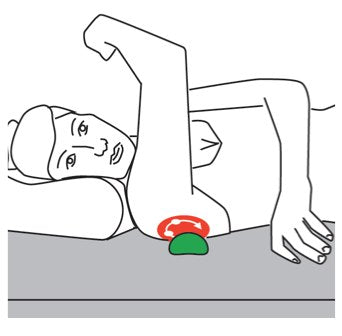
Self Help - Infraspinatus
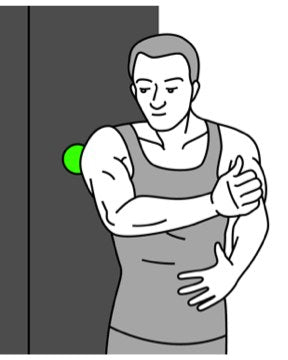
Self Help - Infraspinatus

Self Help - Pectoralis Minor
Links
Find a Trigger Point Professional in your area
More Articles About Shoulder Pain
More Articles About Rotator Cuff Injuries
More Articles About Frozen Shoulder
Certify as a Trigger Point Therapist
About NAT Courses
As a manual therapist or exercise professional, there is only one way to expand your business - education!
Learning more skills increases the services that you offer and provides more opportunity for specialization.
Every NAT course is designed to build on what you already know, to empower you to treat more clients and grow your practice, with a minimal investment in time and money.
Help Desk
About Niel Asher Education
Niel Asher Education is a leading provider of distance learning and continued education courses.
Established in the United Kingdom in 1999, we provide course and distance learning material for therapists and other healthcare professionals in over 40 countries.
Our courses are accredited by over 90 professional associations and national accreditation institutions including the National Academy of Sports Medicine (NASM) and National Certification Board for Therapeutic Massage and Bodywork (NCBTMB). Full details of all international course accreditations can be found on our website.
Printed course materials and other products offered on our websites are despatched worldwide from our 3 locations in the UK (London), USA (Pennsylvania) and Australia (Melbourne).
More About Us
NAMTPT AWARD 2017
We are honored to have received the 2017 "Excellence in Education" Award from the National Association of Myofascial Trigger Point Therapists.
Since 1999 Niel Asher Education has won numerous awards for education and in particular for education and services provided in the field of trigger point therapy.
Read Full Article
Award Winning Instructors
Niel Asher Healthcare course instructors have won a host of prestigious awards including 2 lifetime achievement honorees - Stuart Hinds, Lifetime Achievement Honoree, AAMT, 2015, and Dr. Jonathan Kuttner, MD, Lifetime Achievement Honoree, NAMTPT, 2014.
Meet the Instructors
Accreditation

If you are a qualified/licensed manual therapist or exercise/fitness professional you can expand your credentials with NAT certification.
In addition to national accreditation for continued education, each course that we offer includes "NAT Learning Credits". By taking and completing courses you can accumulate NAT credits to qualify for NAT certification.
There are currently 3 levels of NAT certification. Certifying NAT is a valuable way to show your clients that you take continued education seriously, and to promote your skills and qualifications.
Most of our courses are accredited for CE/CPD/CPE. A full list of CE accreditations can be found by clicking on the link below.
About NAT Certification
Niel Asher Technique
Since 1999 the Niel Asher Technique for treating trigger points has been adopted by over 100,000 therapists worldwide, and has been applied to the treatment of a number of common musculoskeletal injuries.
The Niel Asher Technique for treating frozen shoulder was first introduced and published in 1997 and has been widely adopted by therapists and exercise professionals working within elite sports and athletics.
Read More
International Students
Most of our courses are available as either "Printed" or 'Download" editions, wherever you live. Internet connection is required to access online and downloadable material.
When you purchase a download edition, you receive immediate lifetime access to all course material. Course texts can be downloaded and printed if required.
When you purchase a "Printed" edition, you will also receive free access to the download edition.
We ship Worldwide from locations in the USA, UK, and Australia. Most items are despatched within 24 hours and shipping is FREE for all orders over US$50.
Shipping
Where to Start?
We offer a range of over 50 courses, presented by some of the worlds leading manual therapists. All courses are reviewed annually, and new courses are regularly added.
Our courses are modular, and designed to build on what you already know. For more information, please visit our "Where to Start?" page.
Start Here
Trigger Point Therapy Master Course
About Niel Asher Education
Niel Asher Education (NAT Global Campus) is a globally recognised provider of high-quality professional learning for hands-on health and movement practitioners. Through an extensive catalogue of expert-led online courses, NAT delivers continuing education for massage therapists, supporting both newly qualified and highly experienced professionals with practical, clinically relevant training designed for real-world practice.
Beyond massage therapy, Niel Asher Education offers comprehensive continuing education for physical therapists, continuing education for athletic trainers, continuing education for chiropractors, and continuing education for rehabilitation professionals working across a wide range of clinical, sports, and wellness environments. Courses span manual therapy, movement, rehabilitation, pain management, integrative therapies, and practitioner self-care, with content presented by respected educators and clinicians from around the world.
Known for its high production values and practitioner-focused approach, Niel Asher Education emphasises clarity, practical application, and professional integrity. Its online learning model allows practitioners to study at their own pace while earning recognised certificates and maintaining ongoing professional development requirements, making continuing education accessible regardless of location or schedule.
Through partnerships with leading educational platforms and organisations worldwide, Niel Asher Education continues to expand access to trusted, high-quality continuing education for massage therapists, continuing education for physical therapists, continuing education for athletic trainers, continuing education for chiropractors, and continuing education for rehabilitation professionals, supporting lifelong learning and professional excellence across the global therapy community.
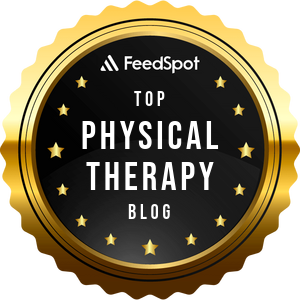
Continuing Professional Education
Looking for Massage Therapy CEUs, PT and ATC continuing education, chiropractic CE, or advanced manual therapy training? Explore our evidence-based online courses designed for hands-on professionals.


